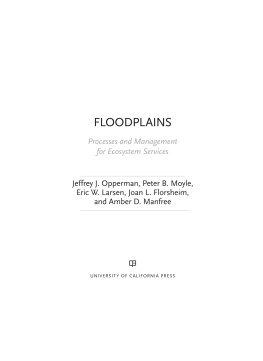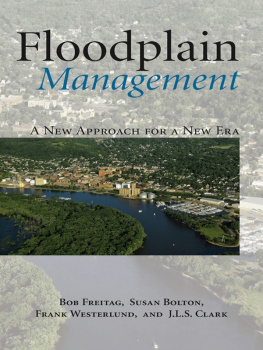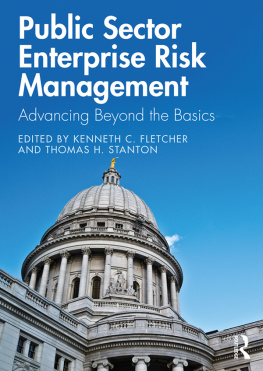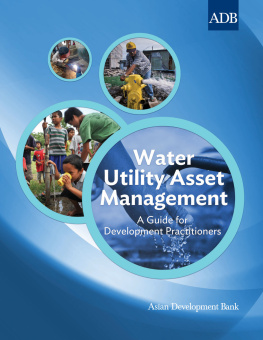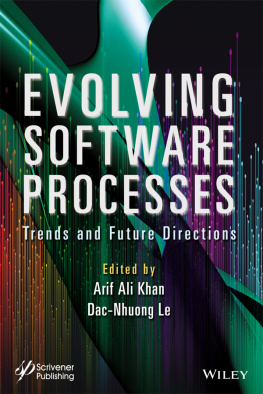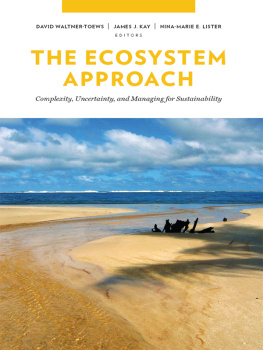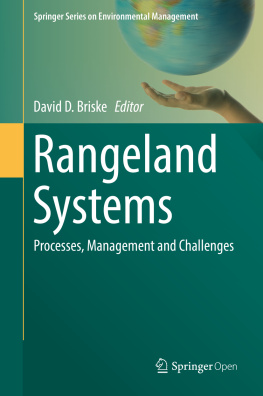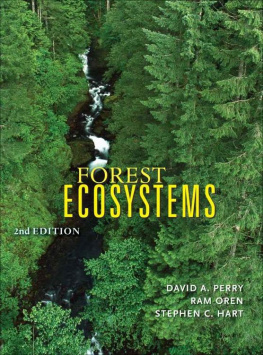JEFFREY J. OPPERMAN is the global lead freshwater scientist for WWF and is a research associate at the Center for Watershed Sciences at the University of California, Davis.
Contact: .
PETER B. MOYLE is a Distinguished Professor Emeritus in the Department of Wildlife, Fish, and Conservation Biology and Associate Director of the Center for Watershed Sciences at the University of California, Davis.
Contact: .
ERIC W. LARSEN is a research scientist and fluvial geomorphologist in the Department of Human Ecology at the University of California, Davis.
Contact: .
JOAN L. FLORSHEIM is a researcher in fluvial geomorphology, hydrology, and earth surface processes at the Earth Research Institute, University of California, Santa Barbara.
Contact: .
AMBER D. MANFREE is a postdoctoral researcher in Geography at the Center for Watershed Sciences at the University of California, Davis.
Contact: .
ACKNOWLEDGMENTS
The authors gratefully acknowledge the financial support of the Center for Watershed Sciences, University of California, Davis, made possible by a gift from the S. D. Bechtel, Jr. Foundation. We also gratefully acknowledge the shifting array of scientists, naturalists, floodplain advocates, and other colleagues who inspired this work over the past decade or more and who enhanced our understanding of floodplains. The Center for Watershed Sciences provided (and still provides) a friendly home for floodplain research by creating an atmosphere of collegiality that makes cross-disciplinary books like this possible. We give special thanks to the following.
Jack A. Stanford and Klement Tockner, who generously reviewed the manuscript and provided much useful and encouraging feedback. We also thank the many people who reviewed sections of the book, including Dylan Ahearn, Gretchen Benjamin, Alexander Bryk, Alvaro Cabezas, Severin Hohensinner, Frans Klijn, Kris Johnson, Ron Melcer, Bryan Piazza, Jamie Pittock, Michael Reuter, Mark Reynolds, Brian Richter, Jeremy Sarrow, and John Stella. Any errors and omissions in this work are entirely those of the authors.
Jeffrey Mount, who provided insightful leadership of Cosumnes River studies that included Peter B. Moyle, Jeff J. Opperman, and Joan L. Florsheim, and led to the founding of the Center for Watershed Sciences at UC Davis. Jay Lund and Cathryn Lawrence have continued this leadership tradition at the center, where floodplain studies still flourish.
Jacob Katz of California Trout, whose research, advocacy, and contagious passion for floodplains are changing floodplain management in California.
Ted Sommer who observed the importance of floodplains to salmon and other biota in Californias Central Valley and inspired others to take floodplains seriously as ecosystems.
Jeffrey J. Opperman is grateful for the support and patience of Paola, Luca, and Wren for a decade of evenings and weekends spent working on this book. Jeff also thanks the numerous scientists and practitioners at the Nature Conservancy whose work illustrates the potential for floodplain reconciliation and management for multiple benefits.
Peter B. Moyle thanks Patrick Crain for his insights into the Cosumnes River floodplain system, based on years of getting wet and muddy sampling fish, and Carson Jeffres for providing insights based on his tireless, handson work on both the Cosumnes and Yolo Bypass floodplains.
Joan L. Florsheim thanks the researchers and staff of the Earth Research Institute, UC Santa Barbara, for support and encouragement, as well as colleagues and students too numerous to name from UC Davis, UC Berkeley, USGS, Scripps, CalTrans, DWR, State Water Resources Control Board, UC Denver, Sonoma County, and more who shared their knowledge and opportunities to work collaboratively on Californias amazing floodplain systems.
Eric W. Larsen thanks Steve Greco at UC Davis whose encouragement and infectious love of science related to the Sacramento River has profoundly influenced his work on the Sacramento River system. He also thanks Stacy Cepello, California Department of Water Resources, whose vision and singular leadership has helped protect and restore the Sacramento River for future generations, and William Dietrich for tireless enthusiasm, inspiration, and insights on the science of river geomorphology.
ONE
Introduction to Temperate Floodplains
F LOODPLAINS ARE AMONG the most dynamic, productive, diverse, and threatened ecosystems in the world (Tockner and Stanford 2002). Intact and restored floodplains generate major environmental benefits that provide significant support for local and regional economies, most notably through flood-risk management, fisheries, recreation, and seasonal agriculture (Postel and Carpenter 1997). Yet the flooding that defines floodplainsand drives their ecological productivity and diversityis often viewed as a problem. Many floodplains sustain dense human populations and agriculture that is not compatible with inundation. Floods in industrialized countries are usually equated with disaster, prompting extensive construction projects, such as dams, levees, and channel straightening and dredging, to minimize flood impacts on the built landscape. Consequently, floodplains, particularly temperate floodplains in more developed countries, are among the most altered landscapes worldwide, most with ecosystems that are highly degraded (Tockner and Stanford 2002). Yet floodplains also present some of the best opportunities throughout the world for innovative management that reconciles human uses and environmental conservation.

